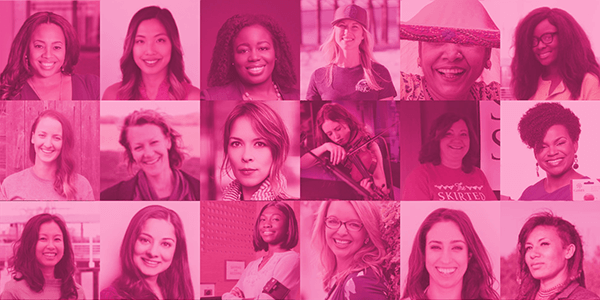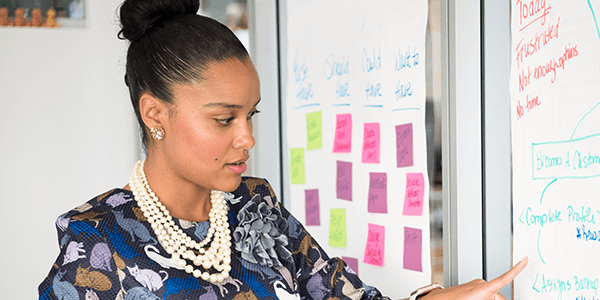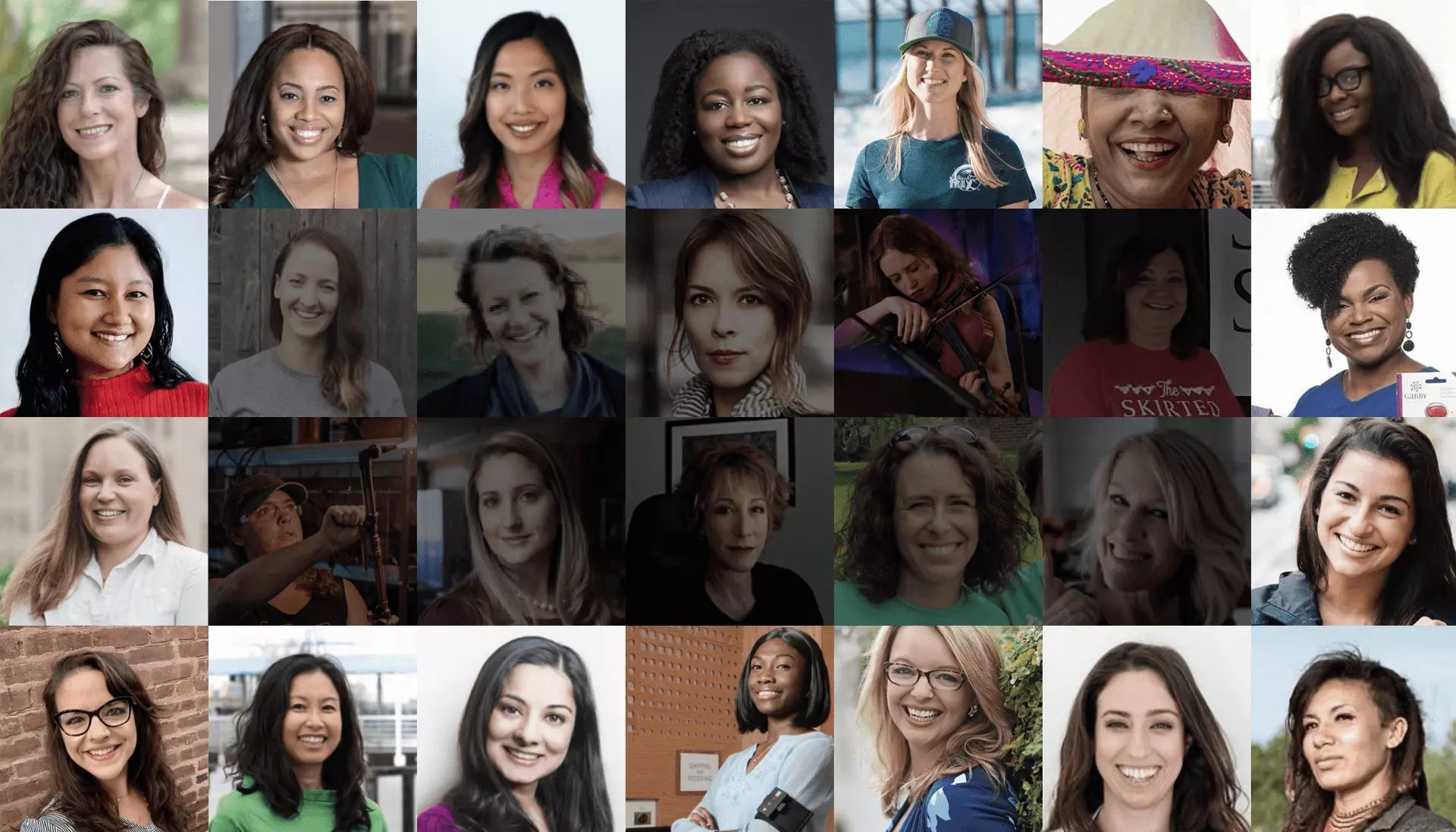

March 11, 2020
February 2020 Amber Grant Awarded to Fortuna

Fortuna
Woman Entrepreneur:
Tamara Mekler
Her Website:
https://www.fortunacools.com
Last Wednesday, we announced five February Amber Grant finalists. Now, we’re excited to share the $4,000 recipient and the third qualifier for our $25,000 year-end Amber Grant.
Congratulations to Tamara Mekler of Fortuna. Tamara dished on her game-changing product, its environmental impact and much more in our interview below.
Video Transcript
WN: What problem(s) does Fortuna solve?
TM: Fortuna’s Coconut Coolers keep food fresh, incomes high, and oceans healthy.
Cold storage is a problem faced at every turn of the fresh supply chain in developing economies. Fisherfolk and fish traders operate on razor thin margins, yet they spend a lot on their coolers. The leading product, the polystyrene “styro” icebox, is one of the most universally despised products: each unit is cheap, but lasts only 5-10 trips before it is tossed and replaced. It adds up to a big cost, and is environmentally devastating, since most of the discarded coolers end up as tiny beads in the ocean. Hard-plastic (polyurethane) coolers are stronger but a lot more expensive.
Fortuna found a solution in a coconut farm: coconut husk fiber is a cheap and durable material with amazing thermal insulation properties. Husks are the byproduct of a massive coconut industry—more than 10 billion husks are burned as waste every year in the Philippines alone. Fortuna’s patent-pending design turns this agricultural waste product into strong, attractive coolers that cost less than polyurethane and last longer than Styrofoam.
Moreover, Fortuna’s Coconut Coolers have an amazing social and environmental impact: impoverished coconut farmers stand to boost their incomes by selling their waste husks, traders benefit from reduced supply chain costs, and every Coconut Cooler sold saves landfills, oceans, and the climate from polystyrene waste and carbon emissions.
WN: What challenges have you encountered?
TM: One of our biggest challenges so far has been managing the production of our coolers. While coconut fiber has been used in construction projects in the past, we are the first packaging product insulated with coconut fiber. As a result, we’ve had to do a lot of R&D to figure out how to turn coconut fiber into Fortuna’s Coconut Cooler.
Thankfully, we’ve had fantastic partners along the way. We partner with two small factories to produce our coolers: a coconut fiber factory produces our insulation panels, and a soft goods factory makes our waterproof liner. Together we have gone through months of prototyping and testing our designs, focusing primarily on insulation performance and durability. While working in small batches makes it easier to regularly update the design, it is a time-consuming process that can yield inconsistent results. Now that we are happy with our latest design, we are ready to scale up production, moving from small-batch prototypes to a larger-volume run, and working beside our manufacturing partners to ensure a more efficient, quality-controlled process.
WN: Once the product is mass-market ready, what are your plans for outreach to potential buyers?
TM: Southeast Asia, where we source the coconut fiber, has extremely productive fisheries and long cold chains. Our first target market is the Filipino seafood industry, where 4.7 million tons of fish are landed across thousands of islands before being transported to market. We will hire a Country Sales Manager to help us reach high-volume traders and replace their polystyrene boxes with Coconut Coolers at the moment when cash is on hand and old boxes are breaking. The Philippines is one of the world’s biggest Facebook user-bases, so we will rely on a social media campaign to increase brand awareness and build a community of customers seeking Fortuna coolers and Fortuna-cooled food.
As our sales in the Philippines ramp up, we will expand to Indonesia and Thailand, two SEA countries with similar market characteristics as the Philippines. And this is just a small piece of a multibillion-dollar global market dominated by polluting plastic products and unmet customer demands for durable, affordable, and sustainable alternatives.
WN: Share some advice you’d give an aspiring female entrepreneur.
TM: I co-founded Fortuna fresh out of graduate school, with no Business background. I felt that because I was inexperienced, I must be unqualified. What I’ve realized is that all entrepreneurs are inexperienced by definition. No one is ever technically “qualified” to build a business from the ground up, no matter their background.
The first days of need-finding you’ll wish you studied Sociology, when designing your logo you’ll regret not having 10 years of working experience in Marketing, when making your first sales you’ll want to wait for your MBA, and when building prototypes at the factory you’d benefit from a Master’s in Material Sciences. It would take many lifetimes to get the qualifications to be an entrepreneur. Yet all you really need is to be so passionate about your idea, that you are eager to learn whatever skills you need to implement it, and know when to seek support and advice from experts and partners. In my experience, you get to be passionate about an idea when you’ve done the due diligence in understanding the problem. You know the problem so well, and feel the pain point of your customers so deeply, that you are 100% committed to creating and delivering the solution, no matter what it takes.


















